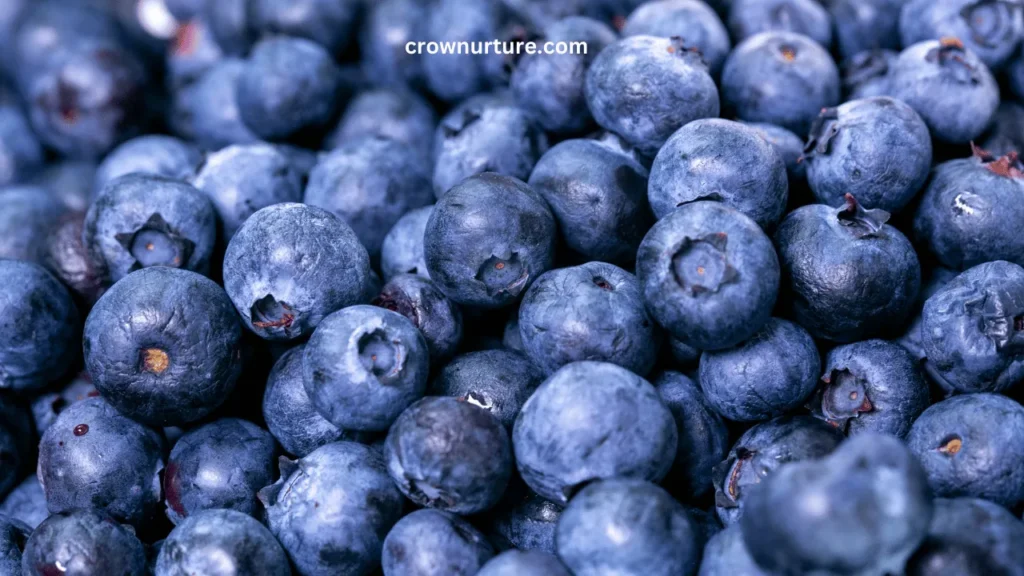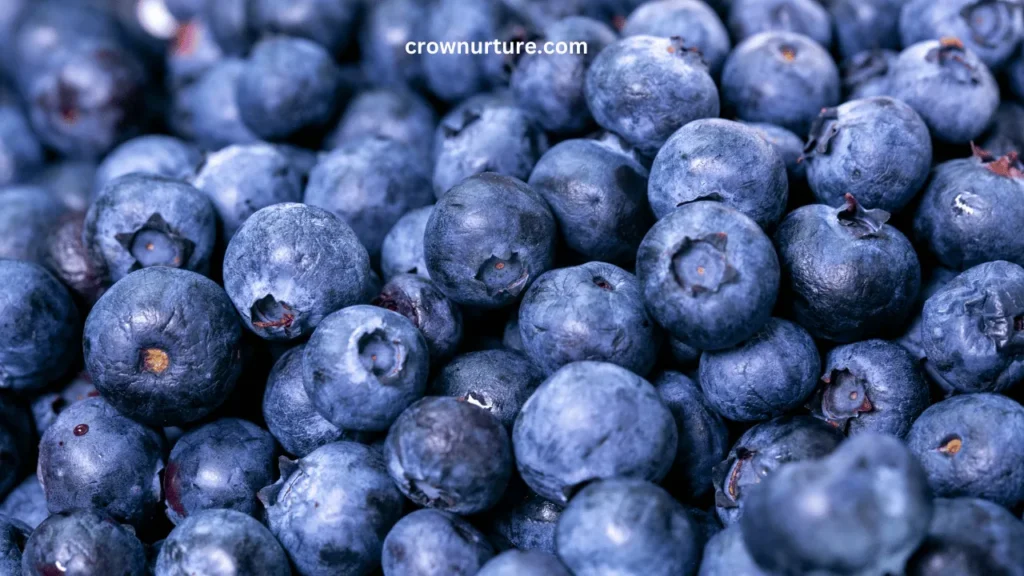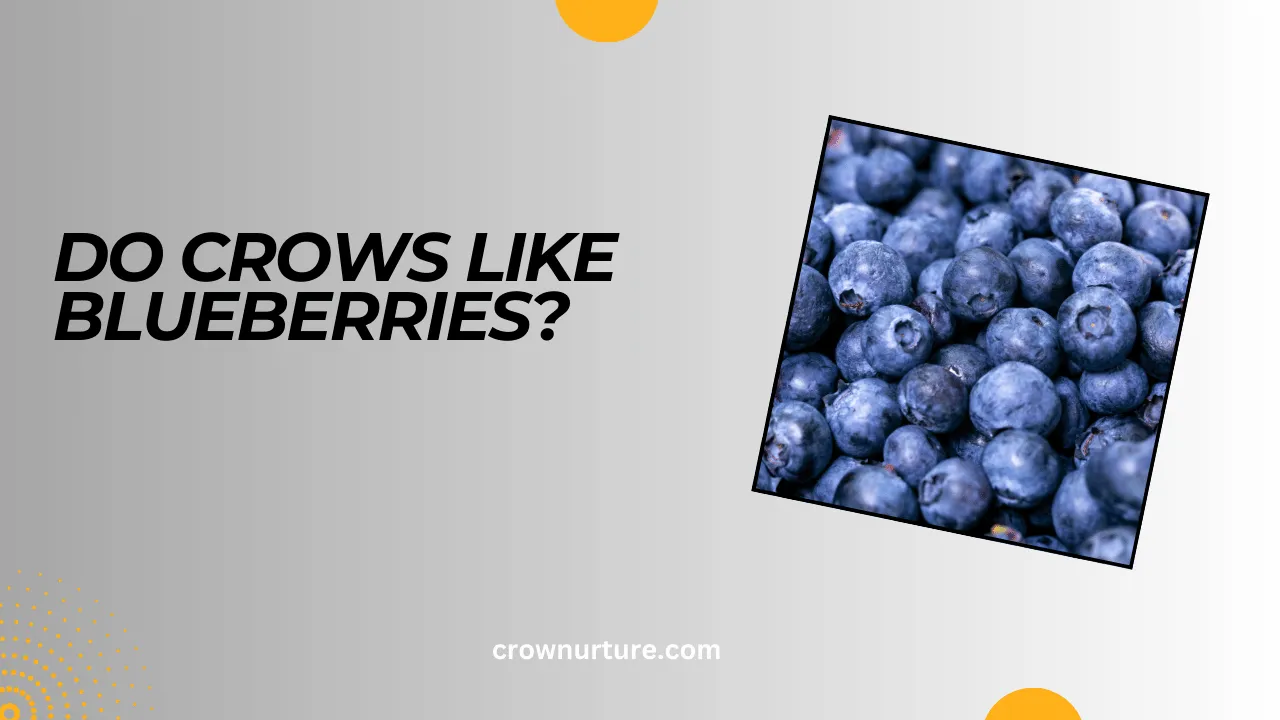Crows are among the most intelligent birds in the world, known for their problem-solving skills and adaptability. Their diet is equally fascinating, encompassing everything from insects to fruits.
But when it comes to blueberries—a fruit loved by many—do crows share our appreciation for these juicy, antioxidant-packed berries? Yes, crows do like blueberries. Their fondness for these fruits highlights their role as foragers and seed dispersers, crucial for maintaining ecological balance.
Understanding this relationship not only reveals the eating habits of crows but also provides insights into their interaction with natural and agricultural landscapes. In this article, we’ll dive into the intriguing relationship between crows and blueberries.
We’ll explore their diverse diet, foraging strategies, the nutritional benefits of blueberries for crows, and how crow foraging impacts blueberry crops. Stay with us to uncover why these berries are a hit with crows and what it means for farmers and nature enthusiasts alike.

Contents
1. Crow Diet: Omnivores with a Diverse Appetite
Crows are omnivores, meaning their diet includes both plant and animal-based foods. They consume insects, seeds, fruits, carrion, and even human food scraps. This adaptability ensures they thrive in diverse environments.
Fruits and berries play a key role in their diet, especially in the summer and fall when these foods are abundant. Blueberries, in particular, are appealing to crows due to their natural sweetness and accessibility.
Being opportunistic feeders, crows are quick to identify and exploit food sources. If blueberries are available—whether in the wild or on farms—crows won’t hesitate to indulge.
2. Foraging Behavior
Crows are renowned for their intelligence, often demonstrating creative foraging techniques. They rely on keen observation to locate blueberry bushes and determine the ripest berries to eat.
Social learning plays a role in their foraging success. Young crows often mimic the feeding habits of older birds, ensuring that foraging knowledge is passed down through generations.
Their caching behavior is another fascinating trait. Crows frequently store food, including blueberries, in hidden locations to retrieve later. This behavior helps them survive during periods of scarcity.

3. Nutritional Value of Blueberries for Crows
Blueberries are a nutritional powerhouse, providing crows with essential vitamins, minerals, and antioxidants. These nutrients support their overall health and strengthen their immune systems.
The high energy content of blueberries makes them an excellent food choice, particularly during breeding seasons when crows need extra calories to care for their young.
Additionally, the water content in blueberries helps crows stay hydrated, especially in warmer months when water sources might be limited.
4. The Impact of Crow Foraging on Blueberry Crops
While crows benefit from blueberries, their foraging can pose challenges for farmers. Crop damage is a common concern during harvest season when crows feed on ripe berries.
However, crows also contribute positively by dispersing seeds. Seed dispersal helps in the natural propagation of blueberry plants, ensuring biodiversity in the wild.
To address conflicts, bird-friendly farming practices, such as netting and scare tactics, can help protect crops while maintaining ecological harmony.
5. Conservation Considerations
Preserving diverse food sources, including blueberries, is vital for wildlife conservation. Crows play a crucial role in the ecosystem by controlling pests and dispersing seeds.
Habitat conservation is equally important. Protecting areas where blueberries and other natural food sources grow ensures a balanced relationship between wildlife and agriculture.
Understanding the role of crows as both foragers and ecosystem contributors allows us to appreciate their ecological significance while finding ways to coexist with them.
Conclusion
Crows, with their intelligence and adaptability, thrive on a diverse diet that includes blueberries. These sweet berries not only provide essential nutrition but also reflect the intricate connection between wildlife and their environment.
While crow foraging can pose challenges for farmers, their role as seed dispersers and contributors to ecological balance cannot be overlooked. By adopting bird-friendly practices, we can mitigate conflicts and promote coexistence.
As we continue to explore and understand these intelligent birds, we gain deeper insights into the natural world’s complexity. The next time you see a crow near a blueberry bush, take a moment to appreciate its resourcefulness and the vital role it plays in nature’s web of life.
FAQs
1. Do crows eat only ripe blueberries?
Yes, crows prefer ripe blueberries because of their sweetness and softer texture, which are easier to consume compared to unripe oones.
2. Can crows damage blueberry crops?
Yes, crows can cause damage to crops during the harvest season by eating large quantities of blueberries.
3. Are blueberries healthy for crows?
Absolutely. Blueberries are rich in antioxidants, vitamins, and hydration, making them a healthy choice for crows.
4. How do farmers protect their crops from crows?
Farmers use netting, scare tactics, and reflective objects to deter crows from feeding on their crops.
5. Do crows help in blueberry seed dispersal?
Yes, crows aid in seed dispersal by consuming and later excreting seeds, helping propagate blueberry plants in the wild.
6. Do crows eat other berries besides blueberries?
Yes, crows enjoy various berries, including strawberries, raspberries, blackberries, and elderberries, depending on availability.








